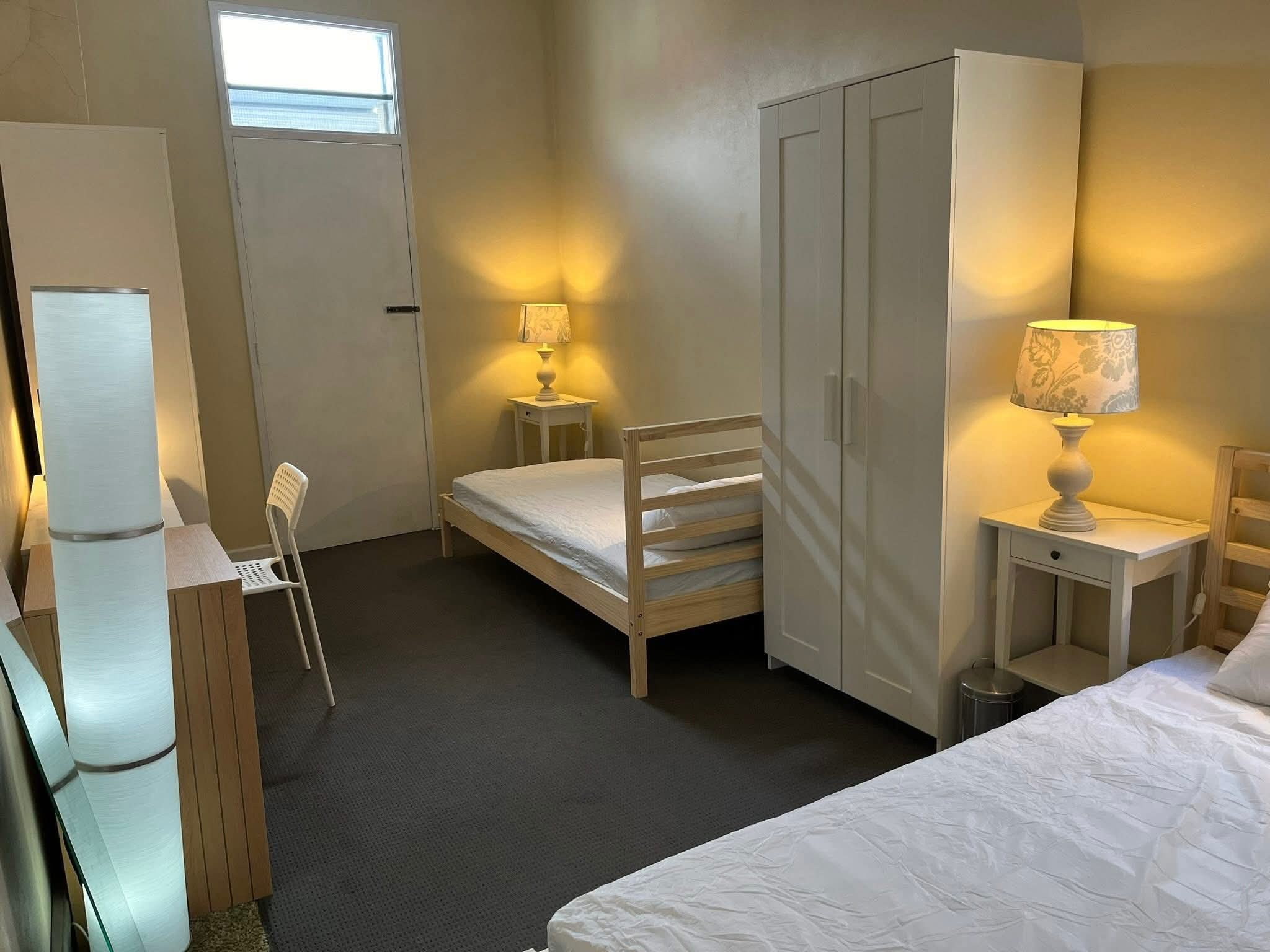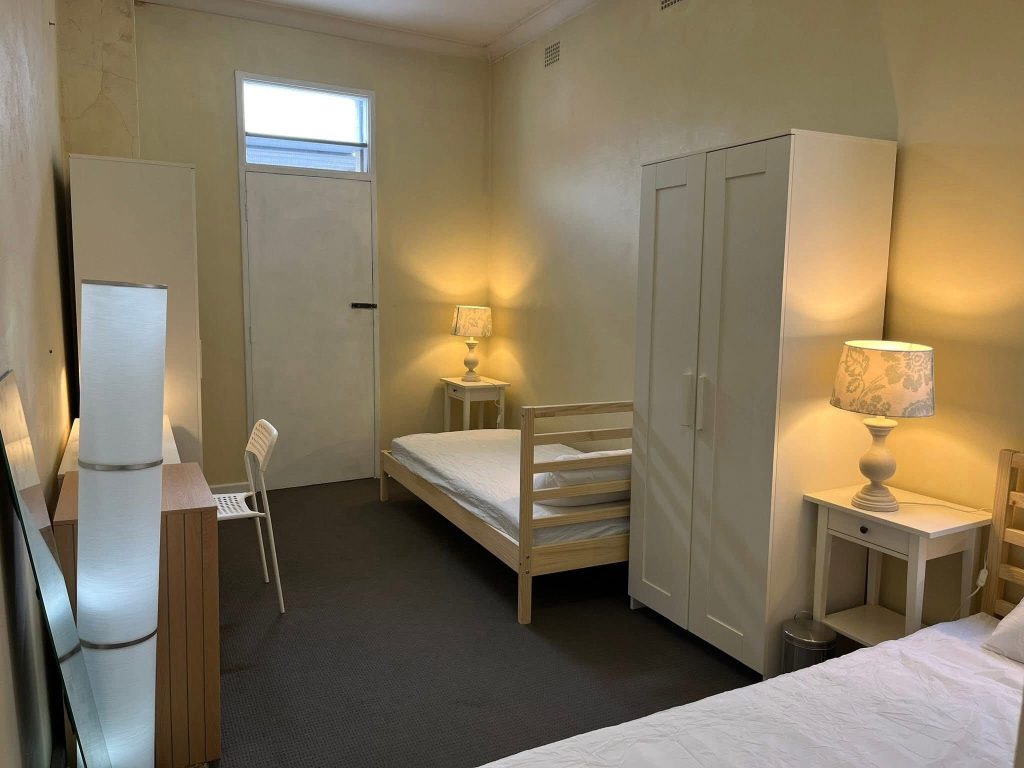Governor Alex Otti’s recent public apology for the poor state of education in Abia State was more than just words — it was a pledge to rewrite the story of learning and development in the state. His decision to refurbish the hostels at Abia State University (ABSU) to international standards is a practical demonstration of that commitment. For many students who had endured years of inadequate facilities, this is more than a facelift; it’s an investment in their dignity, productivity, and academic success.
ABSU’s improved hostels are not just about comfort. They create an environment where students can focus on their studies, thrive in research, and develop skills needed in today’s competitive economy. By addressing such fundamental needs, the Otti administration is sending a clear signal that education is a cornerstone for Abia’s transformation.


What is perhaps even more exciting is that this progress in Abia reflects a healthy competition among South-East governors. From Enugu’s new smart schools to Anambra’s infrastructural push, Imo’s road and university upgrades, and Ebonyi’s giant strides in industrial and educational projects, there’s a regional momentum that is reshaping the South-East.
For the first time in a long while, it feels as if the states are engaged in a developmental race — each trying to outdo the other in landmark projects that matter to their people. This competition is good for the region: it raises standards, accelerates progress, and shows that political leadership can be about impact, not just promises.
As Abia positions education at the heart of its development agenda, ABSU’s transformation should serve as a model for other institutions. It reminds us that when government prioritizes the learning environment, it empowers the next generation to drive innovation and growth.
Governor Otti’s apology was an admission of past neglect, but his actions suggest a readiness to move forward. If this spirit of accountability and competitive development continues across the South-East, the region could soon emerge as Nigeria’s leading hub for education, innovation, and inclusive growth.





